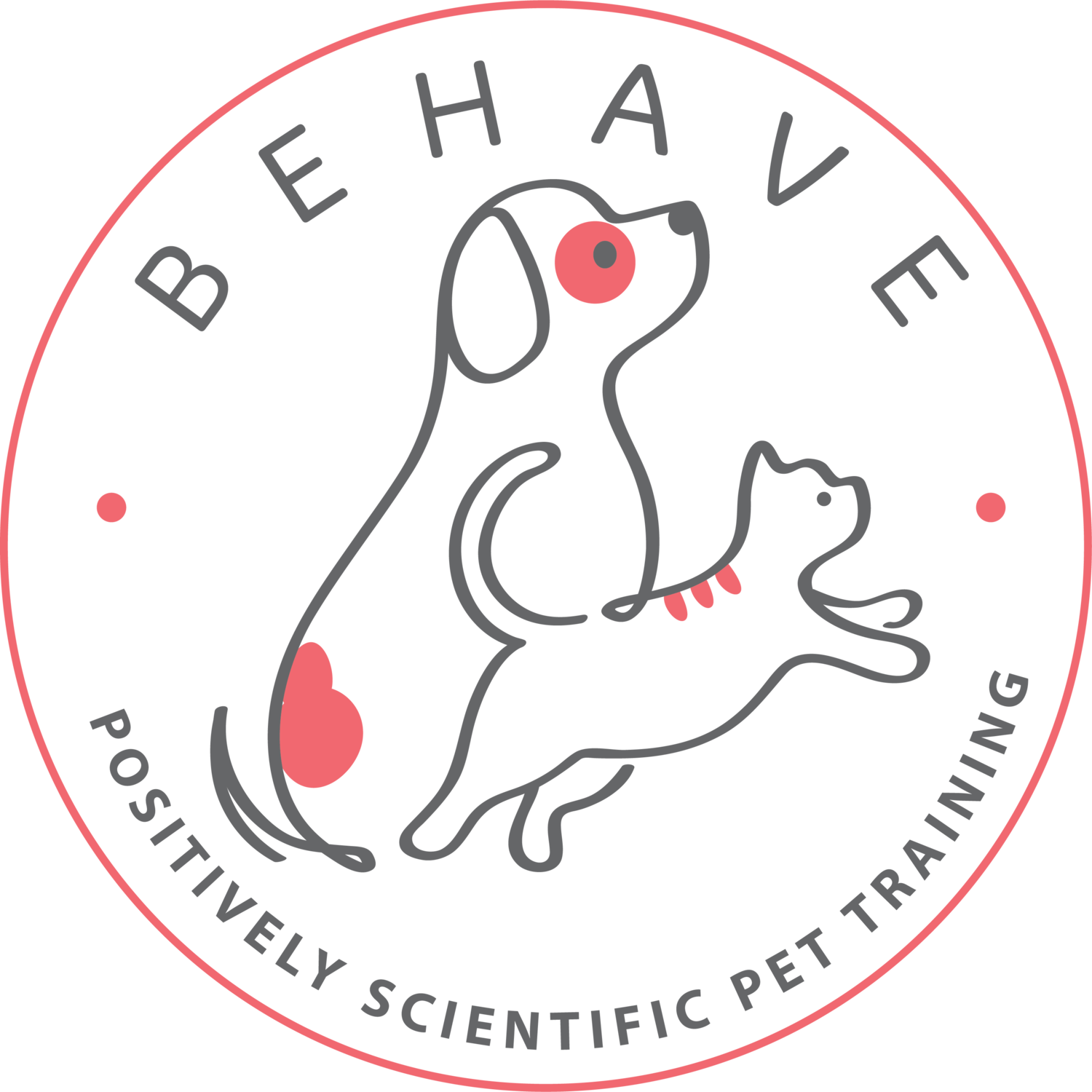Have you ever been walking your dog and encountered another dog pulling fiercely towards your dog, hackles up? You expect a warning or apology and instead you hear a straining voice say, “he’s friendly” from the other end of the leash. Have you ever been at a friend’s house and the friend told you that it’s fine to pick up her terrified looking cat, saying something like, “Oh she loves it once she’s in your arms”? Have you ever seen your own dog who you know to be a gentle, sweet spirit raise up and bark aggressively at a dog on the other side of a fence?
In the first two examples, there is a natural impulse to judge the pet owner’s claims as inaccurate, but what about the third? When it comes to your own cat or dog, do you shake their behavior off as a fluke and find yourself making a similar assertion? For whatever reason, this is a common experience in our culture. We believe that our own dogs/cats (even kids) are allowed to have slip-ups without it affecting their inner worth, but when it comes to others, we are not so generous.
In truth, each of the above circumstances reflects what is often described as “bad” behavior, and bad behavior is perpetrated by “bad” animals (and people) right? For us as trainers and behaviorists, the answer is an unwavering, unquestioning, absolute NO. The word “bad” is well… a bad way to describe behavior.
Why? First of all, it’s vague and it’s subjective. Behavior itself can’t be bad or good. Behavior just is. There is an appropriate time and place for most behaviors. We start using descriptors like “bad” when behaviors are happening in an inappropriate context, and even that isn’t always clear! Barking is good if you want a guard dog, but not if you don’t. And it depends on how much barking, at whom, etc. Domestic animals have an especially tough time because by bringing them into our homes, we make it even harder for them to find appropriate outlets for their natural behaviors. Digging, chewing, barking, and scratching were once essential survival skills!
It’s important to help our pets find places and times to do the things they are so good at, not judge them for doing it. The same lack of judgment should be applied to your own behavior. Most pet owners are afraid to tell us the strategies they’ve used to train their pets so far. While many of the old-school methods can be more harmful than helpful, we don’t blame you or judge you for them. Just like your pet, you were trying to accomplish something, and you did what you thought worked.
So why did we name ourselves Behave Atlanta? Because that’s what we do, it’s what your pet does, it’s what you’re doing. We observe it, dissect it, and sometimes try to change it, redirect it, or channel it. We rely on behaviorism, the science of studying observable actions. So when we see a dog pulling on leash towards another dog, a cat slinking decisively towards a stranger, or a dog barking at a fence, we see behavioral sequences which begin our work. It’s these observable actions that we look at and begin to unwind.
While we can’t speak for all animal behaviorists and trainers, we at Behave Atlanta believe in the inner goodness and worth of each individual we work with, regardless of species. Each dog or cat or person who decides to work on their behavior at Behave Atlanta is viewed and valued as a good being from the beginning. Then we work towards more appropriate behaviors that work better for everyone, in turn creating better relationships, happier animals, and more harmonious homes.

